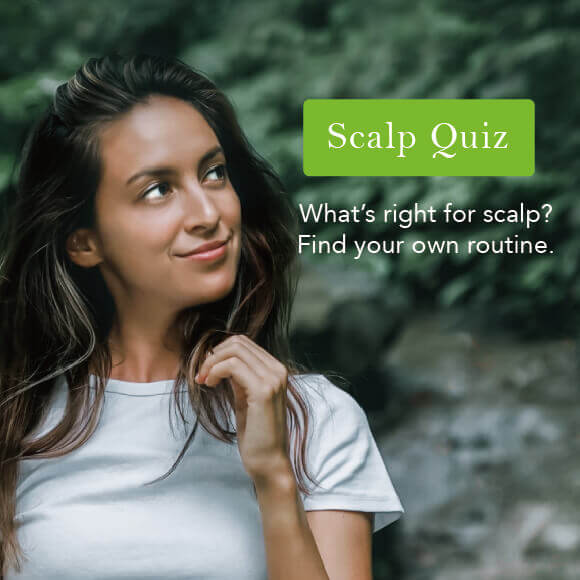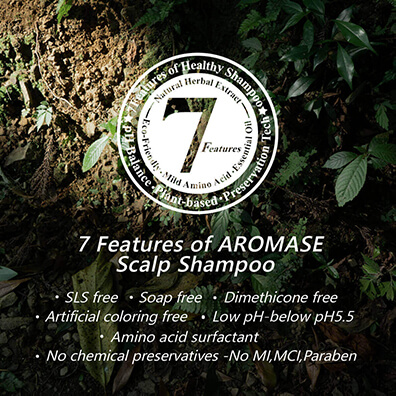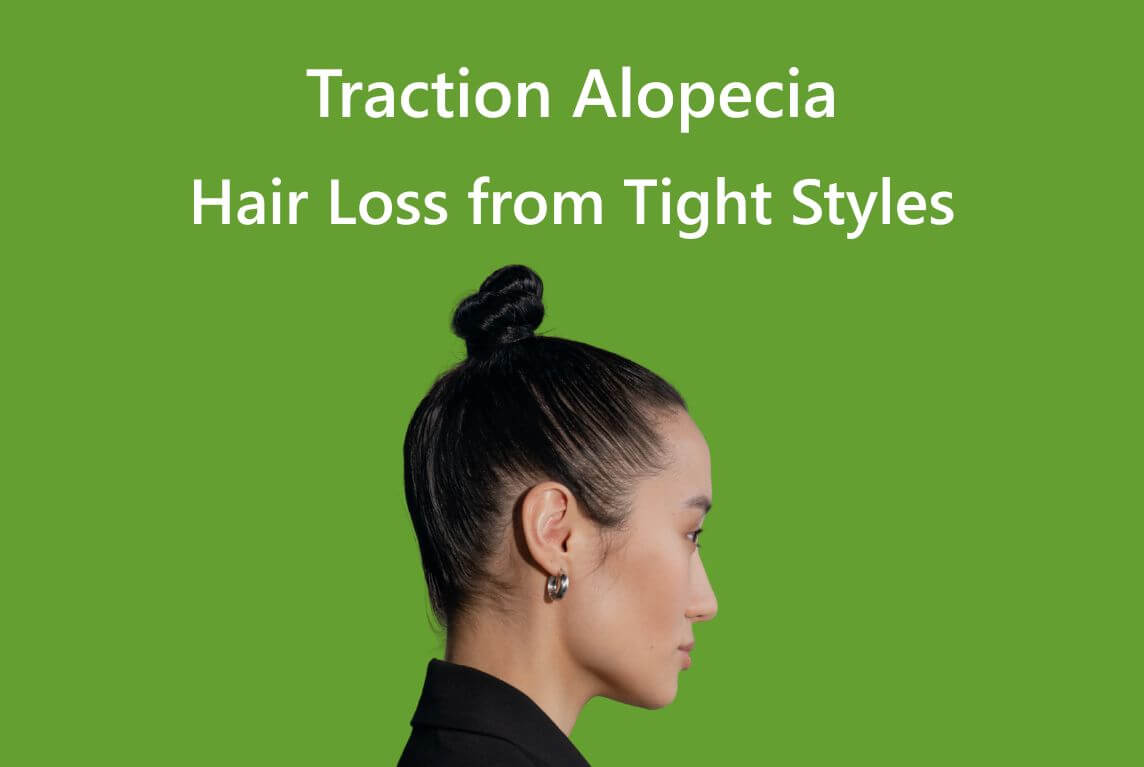

Traction alopecia is a type of hair loss caused by repetitive or prolonged tension on the hair follicles. It’s often seen in pepople who frequently wear tight hairstyles. While many people enjoy the look of certain styles, it’s crucial to understand the potential damage they can inflict on your scalp and hair. Understanding Traction Alopecia The hair follicle is a delicate structure. When it’s constantly pulled, it can become inflamed and damaged over time. This repeated trauma can lead to the weakening of the follicle, eventually causing hair to break or fall out. In severe or prolonged cases, the damage…
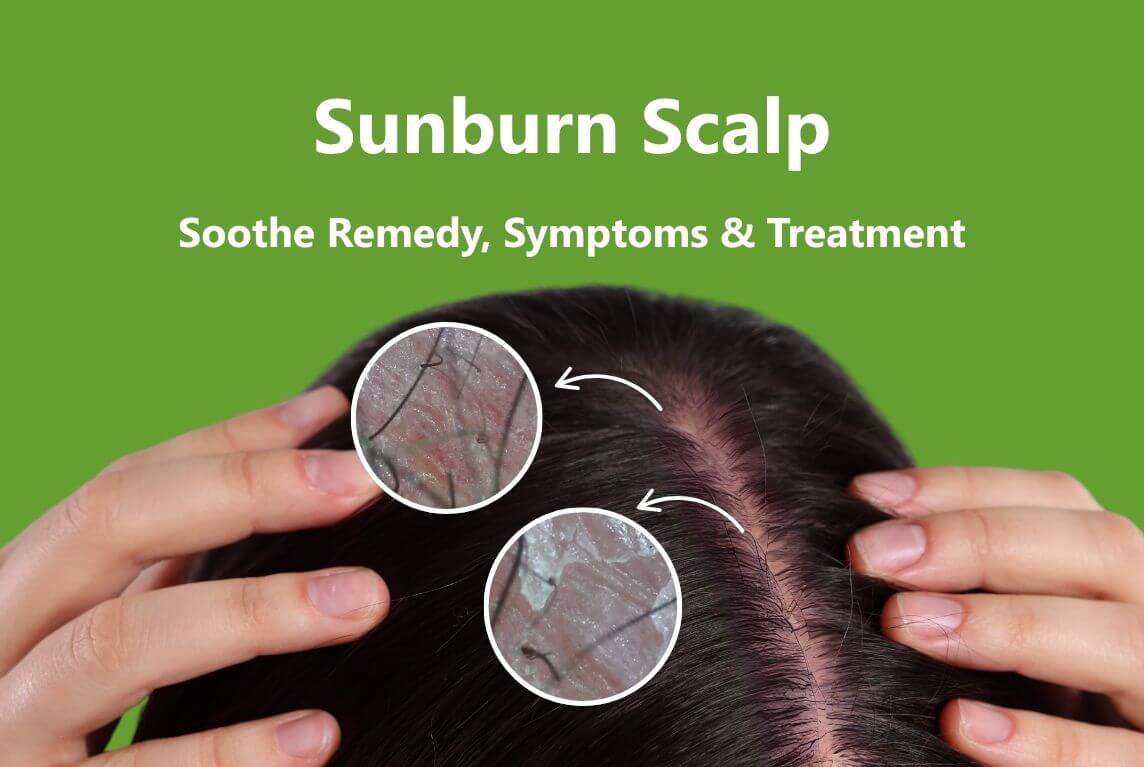
A sunburned scalp is more common than most people realize, especially during summer outdoor activities when the scalp is often exposed and overlooked. If you’ve ever felt that painful tightness or peeling on your head after a day in the sun, you’ve likely experienced a sunburn scalp. What Causes a Sunburn Scalp? Your scalp is just as prone to sunburn as your skin, especially along the part line or thinning areas. Excessive sun exposure can cause redness, dryness, tenderness, and irritation, leaving your scalp dehydrated and itchy. Common symptoms of scalp sunburn Pain or tenderness on the scalp Redness or…
Sunburned Scalp Care: Symptoms, Photos, Treatment, and Soothing Remedies
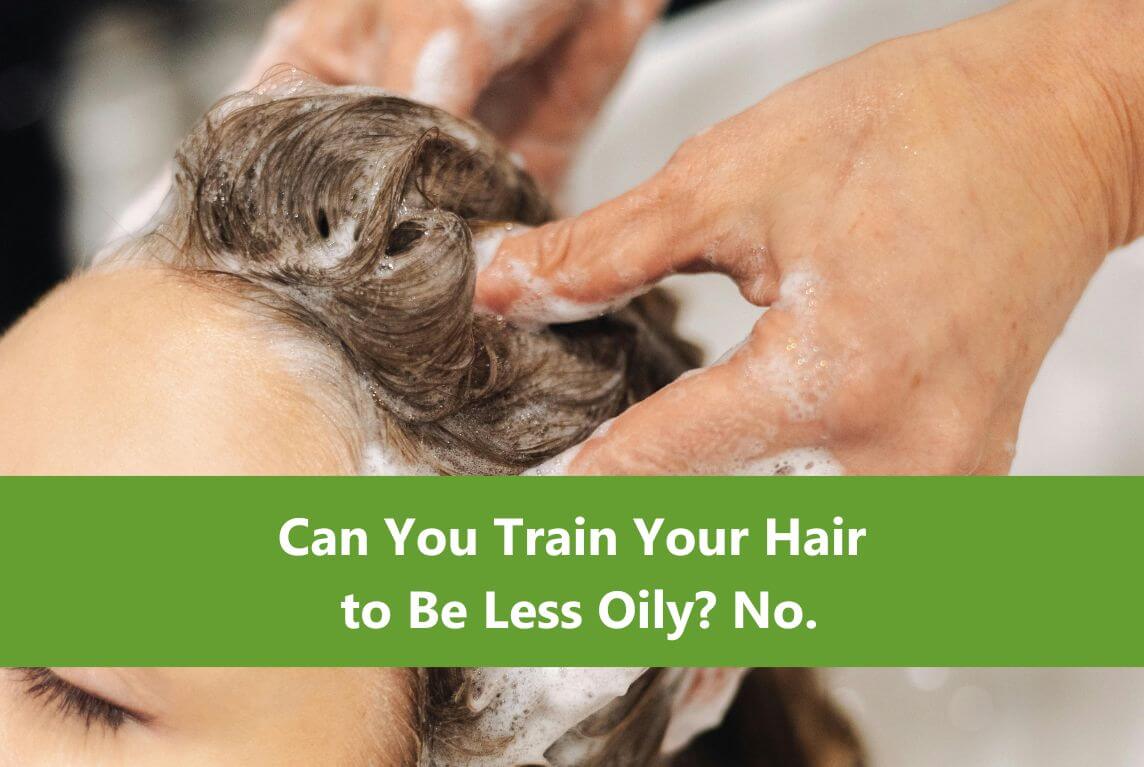
The viral trend of “hair training” has taken over social media, promising that you can teach your hair to go longer between washes. But experts say otherwise: You can’t train your hair because it’s all about your scalp, not your strands, and neither can be trained. Rise of Hair Training Trends Hair training refers to the idea that if you reduce how often you wash your hair, your scalp will “adjust” by producing less oil. This trend encourages extending time between washes using dry shampoo or scalp refreshers, claiming that your hair will eventually become less greasy. The truth: hair is…
Can You Train Your Hair to Be Less Oily? No!
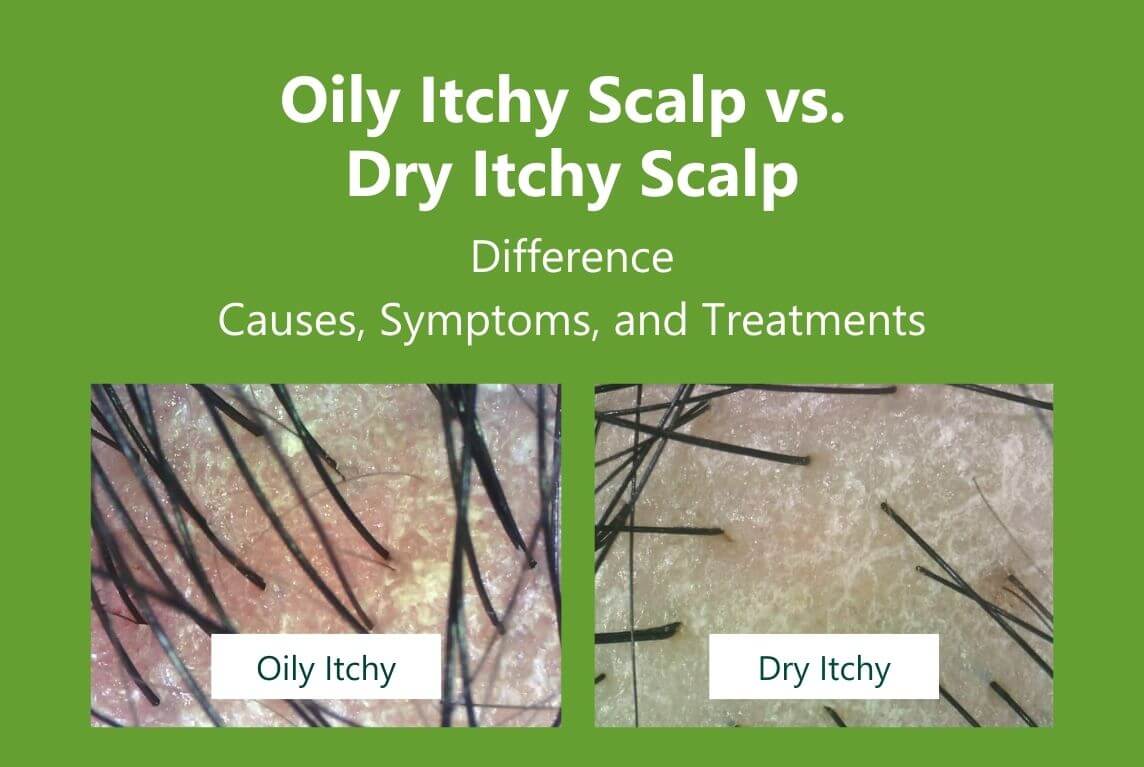
An itchy scalp can stem from two very different root causes: oily imbalance or dryness and dehydration. Though both lead to discomfort, treating them requires different approaches. At AROMASE, we believe that understanding your scalp type is the first step toward restoring long-term scalp health. What is an Oily Itchy Scalp? Oily itchy scalp is often caused by excess sebum that mixes with sweat and environmental pollutants, creating an ideal condition for Malassezia yeast overgrowth. This triggers inflammation, pore blockage, and persistent itchiness. Symptoms of Oily Itchy Scalp Greasy scalp within hours after washing Yellowish, sticky dandruff Itching worsens in…
Oily Itchy Scalp vs. Dry Itchy Scalp: Key Differences, Causes, Symptoms, and Treatments
- dandruff 、
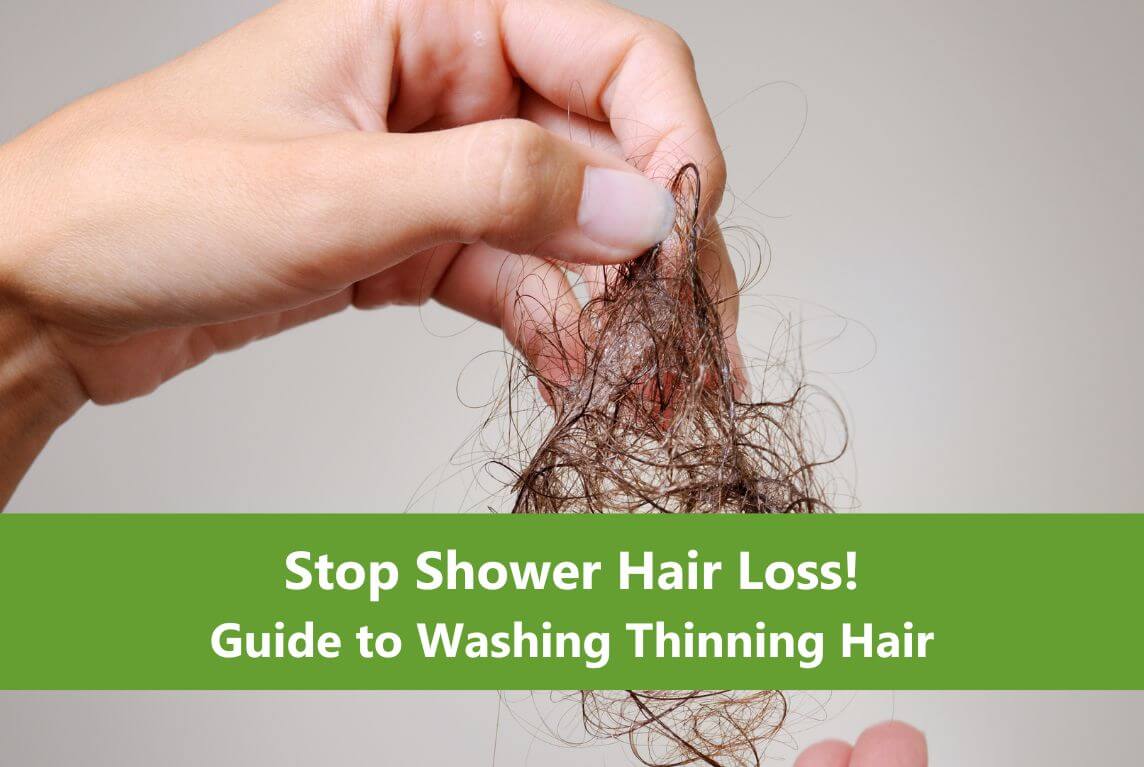
Hair loss can be worrying, especially when you see more strands than usual in the shower drain. You might wonder whether washing your hair too often—or not enough—is contributing to the problem. Understanding Hair Loss Most people lose 50 to 100 hairs daily as part of the normal hair growth cycle. However, excessive hair loss can be caused by factors like hormonal changes, genetics, stress, pregnancy, and more. (Learn more in our hair loss case study.) Does Frequent Shampooing Lead to Hair Loss? Frequent shampooing itself generally doesn’t cause hair loss. Rather, it’s about finding the right balance between keeping your…
Stop Shower Hair Loss: Gentle Guide to Washing Thinning Hair
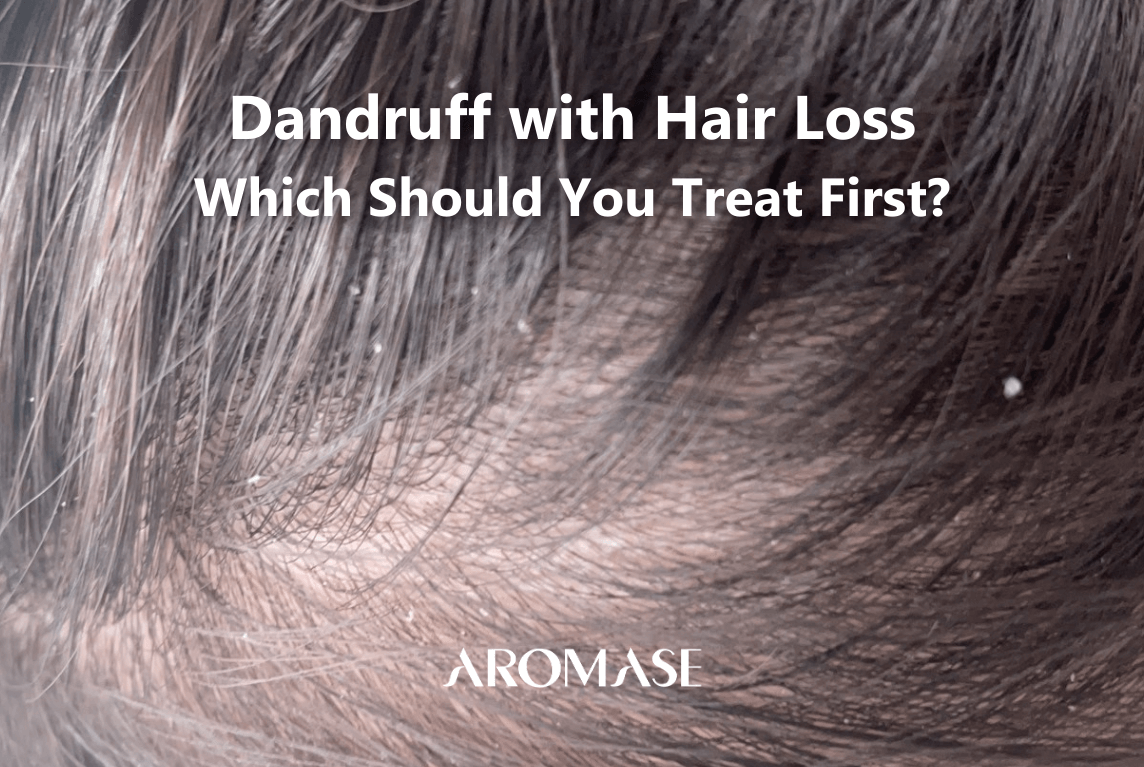
Dealing with dandruff and hair loss at the same time can be frustrating, especially when you’re unsure which to address first. If hair loss is stressing you out, you’re not alone—many face this dilemma. Connection Between Dandruff and Hair Loss Dandruff causes flaking, itchiness, and irritation, but it doesn’t directly lead to hair loss. However, constant scratching and inflammation can weaken hair follicles, causing more shedding. ( Did you know there are two types of dandruff? Learn more here.) Hair loss (alopecia), can also result from genetics, stress, hormonal changes, or scalp conditions like seborrheic dermatitis, which may also trigger dandruff.…
Dandruff with Hair Loss: Which Should You Treat First?
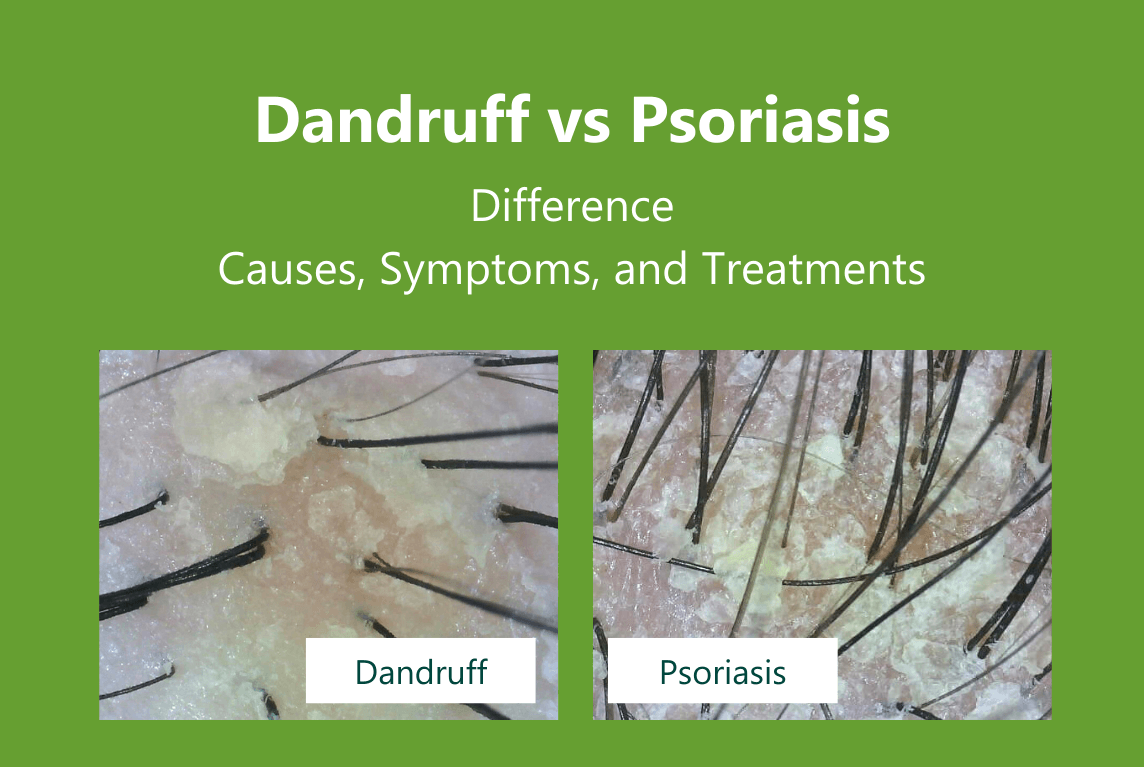
Early-stage scalp psoriasis can resemble oily dandruff, making it easy to misdiagnose. Both conditions cause irritation and flaking, but their causes and treatments are entirely different. Oily Dandruff vs. Scalp Psoriasis: Key Differences & Treatments Feature Oily Dandruff Scalp Psoriasis Cause Overgrowth of yeast (Malassezia) Autoimmune disorder Trigger Factors Excess scalp oil, poor hygiene Genetics, immune dysfunction, stress, infections, cold weather, certain medications Symptoms Greasy, yellowish flakes, itchy scalp, redness, worsens with excess oil Thick, silvery-white or red patches, intense itching or burning, flakes that are harder to remove, extends beyond the hairline Treatment 。Herbal-based balancing shampoo 。Daily washing to…
Scalp Psoriasis vs Dandruff: Differences, Pictures, Symptoms & HerbalTreatments
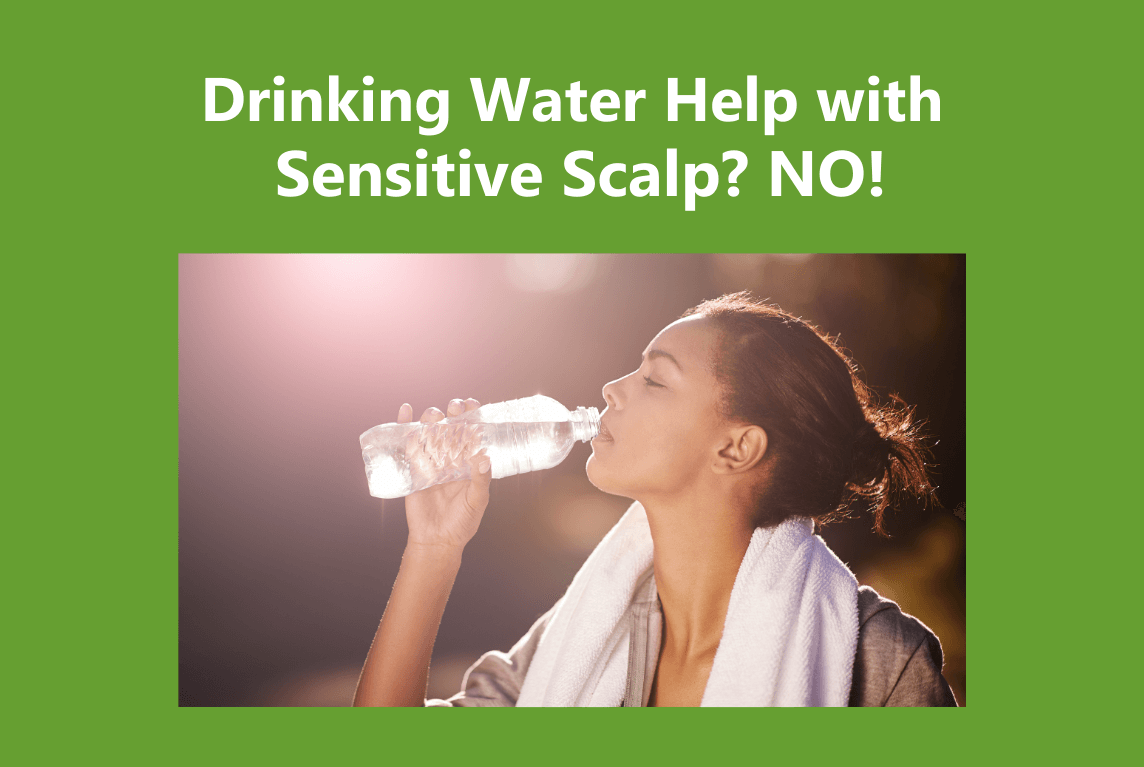
Does drinking more water really help a sensitive scalp? Staying hydrated is good for your health, but it won’t directly fix scalp sensitivity. Let’s break it down and uncover the truth about this common myth! Understanding Scalp Sensitivity A sensitive scalp can lead to itching, redness, tightness, or even a burning feeling. There are several reasons this might happen, including: Environmental factors like pollution or bad weather. Product buildup from shampoos or styling products. Skin conditions like dandruff, eczema, or psoriasis. Stress and diet, which can make things worse. While staying hydrated is essential for overall health, it won’t directly…
Does Drinking Water Really Help with a Sensitive Scalp? Not Exactly!
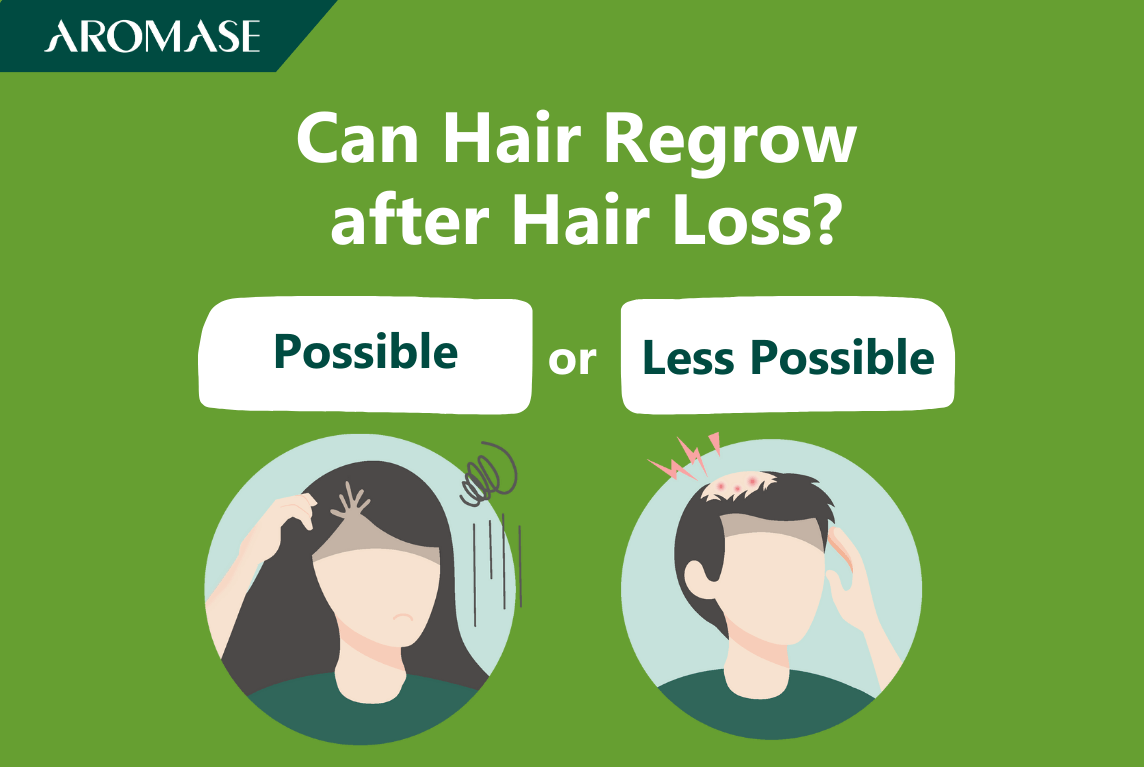
Hair plays a significant role in our appearance, so any noticeable or sudden hair loss can cause anxiety. Patients often ask: “I’ve lost so much hair recently—will I go bald?” “I avoid washing my hair because it seems to make it worse.” “How long will this shedding last?” “Can my hair grow back normally?” “Is there an underlying health issue causing this?” Understanding the causes of hair loss is the first step to finding answers. Let’s explore the hair growth cycle, common types of hair loss, and how to care for your scalp. Understanding the Hair Growth Cycle The…
Can Hair Regrow After Hair Loss? Possible or Not, Here’s Why.

What is Hair Skinification? The hair skinification trend takes cues from skincare, focusing on treating the scalp and hair with the same care as facial skin. Prioritizing scalp health is key to achieving healthy hair and enhancing overall appearance. Key to Hair Skinification: Treat Hair and Scalp Differently The skinification of hair movement has transformed the way we approach haircare, advocating for the use of skincare-inspired solutions. At the heart of this trend lies a crucial principle: treating the scalp and hair as two distinct entities. This approach ensures both are cared for based on their unique needs, leading to…
Key to Hair Skinification: Treat Hair and Scalp Differently
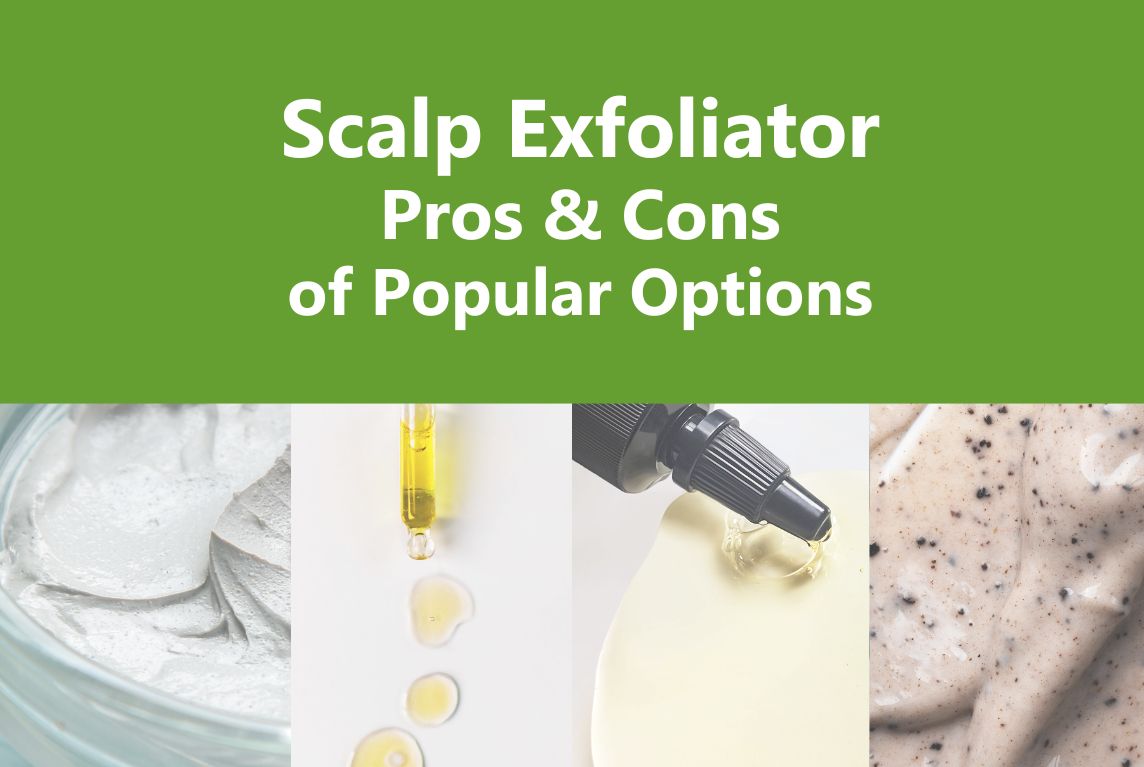
A healthy scalp is essential for great hair, and scalp exfoliation helps achieve that. But with so many types of scalp exfoliators on the market—clay-based, oil-based, scrubs, and liquid formulas—how do you choose the one that’s best for you? This guide will cover the pros and cons of each type and help you find the best option for your scalp. Clay-Based Scalp Exfoliators Pros & Cons Clay-based exfoliators often use natural clays like bentonite or kaolin to absorb excess oil and purify the scalp. Pros: Excellent at absorbing excess oil and controlling grease. Purifies the scalp by drawing out toxins and…
How to Choose the Best Scalp Exfoliator: Pros & Cons of Popular Options
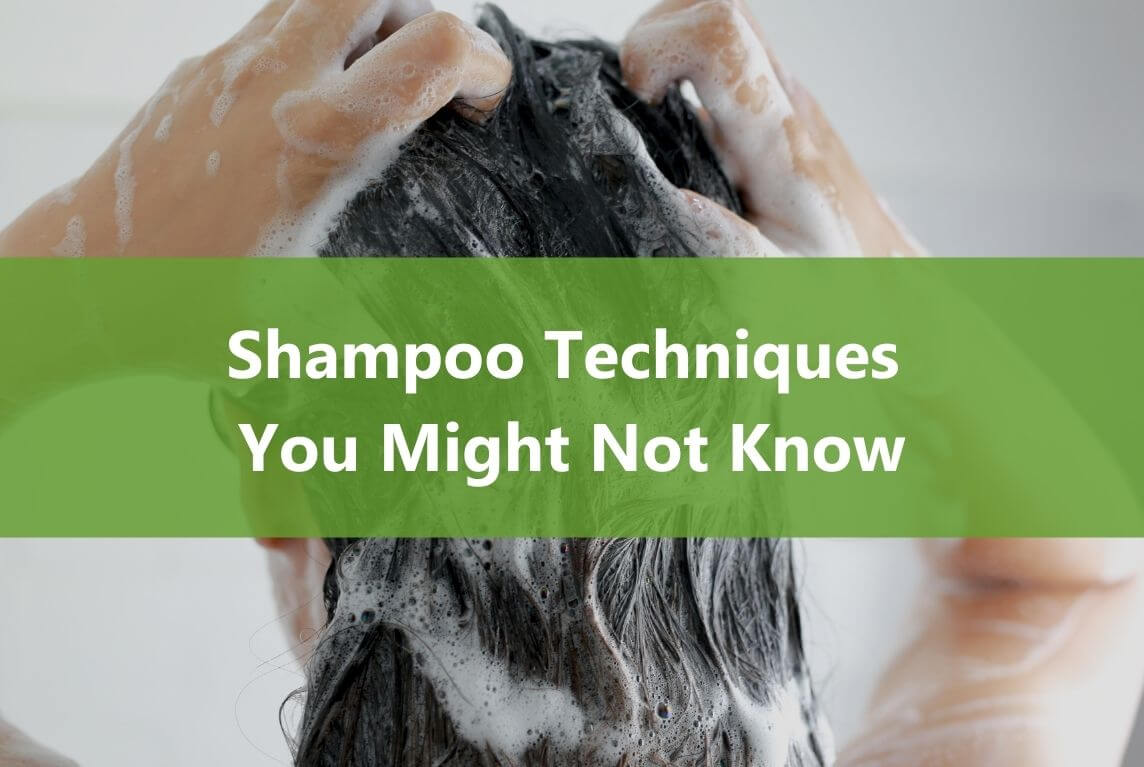
Why do our scalps feel so fresh and clean after a salon shampoo? Shampooing isn’t just about cleansing the hair; it’s about creating a healthy environment for the scalp. Here are some pro techniques for achieving a deeply clean scalp that you must try at home. Wash Twice in Every Shampoo Session One of the most impactful changes you can make in your routine is shampooing your hair twice in every wash. This might sound excessive, but each round of shampoo has a unique purpose: First Wash – Removing Dirt and Buildup: During the first shampoo, focus on removing the dirt,…
How Salons Shampoo Hair: Pro Techniques for a Deeply Clean Scalp
All articles loaded
No more articles to load
